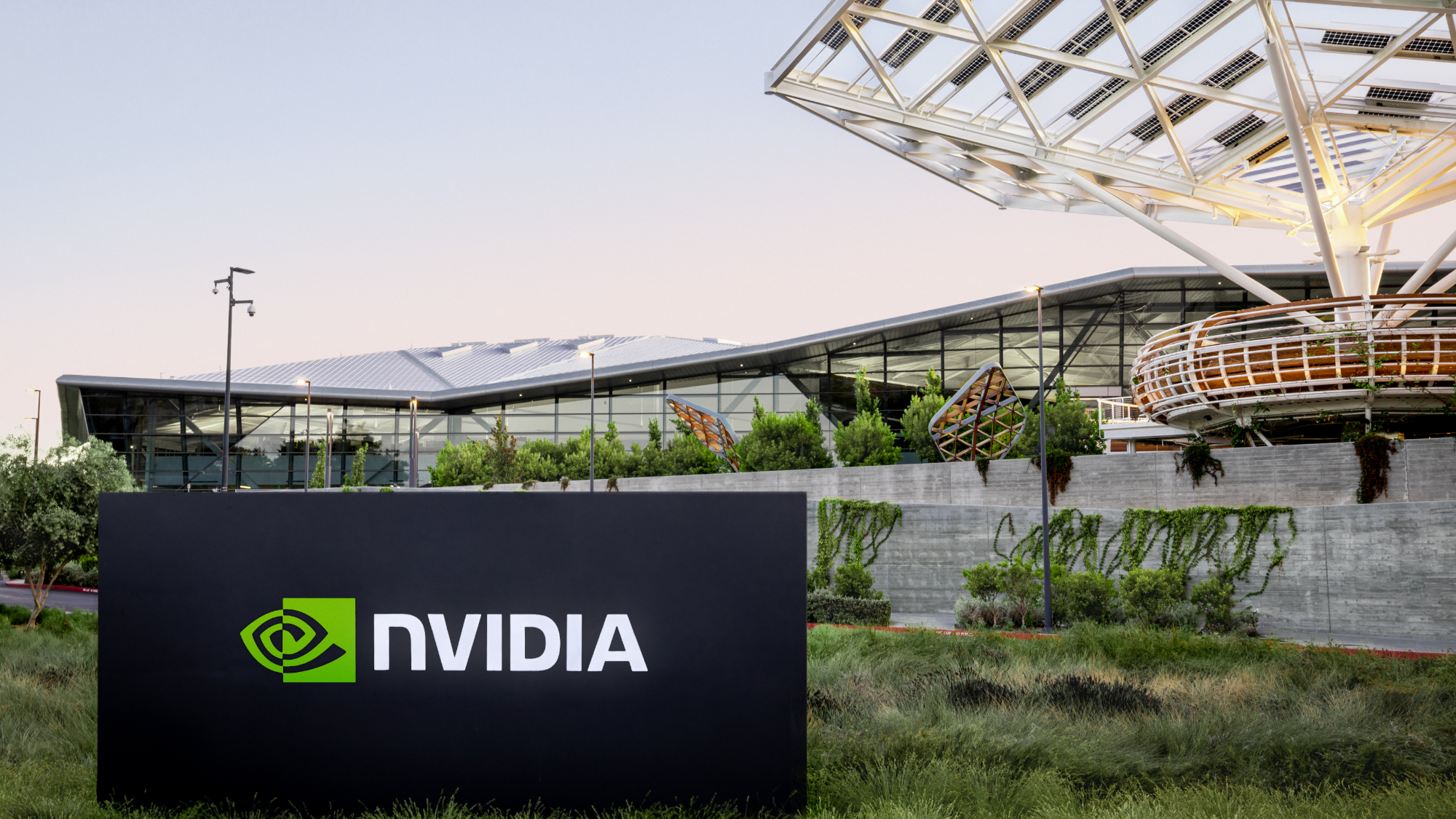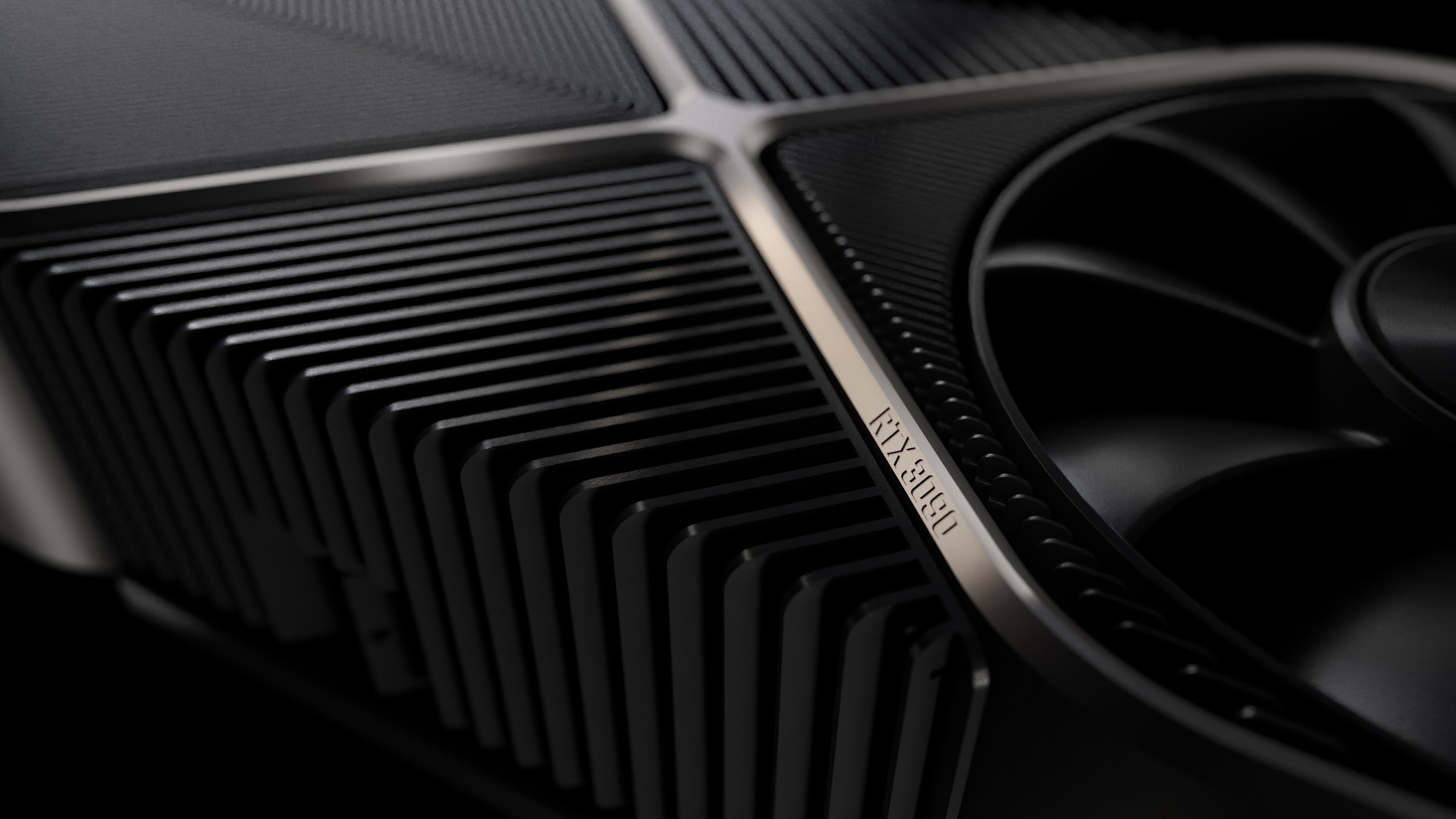Nvidia defiant over backdoors and kill switches in GPUs as U.S. mulls tracking requirements — calls them 'permanent flaws' that are 'a gift to hackers'
"No Backdoors. No Kill Switches. No Spyware."

Get Tom's Hardware's best news and in-depth reviews, straight to your inbox.
You are now subscribed
Your newsletter sign-up was successful
Nvidia has firmly denied speculation about hidden control mechanisms in its GPUs, reiterating that its products contain no kill switches, no backdoors, and no spyware. The company also urged U.S. policymakers to abandon proposals for hardware-level tracking or disabling features, calling them a “gift to hackers and hostile actors.”
The statement came in a new blog post published in both English and Chinese, following official pressure after Chinese regulators summoned Nvidia executives last week over concerns about potential “tracking and positioning” capabilities in H20 chips that were recently approved for export under a U.S.-China trade waiver.
At the same time, key legislators like Rep. Bill Foster and Senator Tom Cotton have introduced language in the proposed Chip Security Act calling for embedded location verification requirements for export-controlled AI accelerators and even some high-end consumer GPUs—though none of this is yet codified into law. More recently, the White House itself has confirmed it is considering chip tracking to curb AI hardware smuggling to China. Earlier this week, the DoJ announced it had arrested two Chinese nationals over allegations they had smuggled tens of millions of dollars' worth of GPUs to China.
In the post, David Reber Jr., Nvidia’s Chief Security Officer, emphasized that hard-coded, single-point controls are always a bad idea, warning that any hidden hardware mechanism—kill switch or backdoor—would undermine global trust in U.S. technology and create security vulnerabilities. Reber drew parallels to the failed Clipper Chip initiative of the 1990s, where backdoor provisions in encryption hardware became exploitable flaws, sparking industry backlash.

The blog comes at an awkward business moment as Nvidia recently said its guidance (revenue forecast) would have been roughly $8 billion higher if not for the halted H20 chip sales, which are set to resume soon. While the Trump administration plans to issue a waiver to resume those exports, Nvidia stressed that forcibly integrating kill-switch-like features could end up harming U.S. national security interests, not strengthening them.
Reber underscored that robust GPU security depends on defense-in-depth—layered safeguards, independent testing, and user consent—not on hidden firmware triggers. He likened a kill switch to “buying a car where the dealership keeps a remote for your parking brake,” rendering users powerless in critical moments.
Nvidia also pointed to broader industry consensus—Apple has long resisted similar government demands, and security experts generally view hardware backdoors as untenable. The statement closed firmly: “There are no back doors in Nvidia chips. No kill switches. No spyware. That’s not how trustworthy systems are built—and never will be.”
Get Tom's Hardware's best news and in-depth reviews, straight to your inbox.
Follow Tom's Hardware on Google News to get our up-to-date news, analysis, and reviews in your feeds. Make sure to click the Follow button.

Hassam Nasir is a die-hard hardware enthusiast with years of experience as a tech editor and writer, focusing on detailed CPU comparisons and general hardware news. When he’s not working, you’ll find him bending tubes for his ever-evolving custom water-loop gaming rig or benchmarking the latest CPUs and GPUs just for fun.
-
drtweak I can understand they "Why" of this, but glad Nvidia, and hopefully others, stand their ground.Reply -
DS426 Reply
Nothing is free in this world, my friend. Somebody or something pays for whatever that "free" thing is at some point.vanadiel007 said:It's free trade until the government says it's not.
What a world we live in. -
DS426 Reply
Agreed. Not often that I can applaud nVidia, but good job on this one, green machine.drtweak said:I can understand they "Why" of this, but glad Nvidia, and hopefully others, stand their ground. -
tamalero Reply
Its not like they are doing it to be kind or defend global trade lmao.DS426 said:Agreed. Not often that I can applaud nVidia, but good job on this one, green machine.
Its all about money. THEIR money. -
Li Ken-un It’s a great way to ensure that customers residing in ally nations also don’t want to buy the product.Reply -
Rob1C Something is probably going to be done, especially in light of the current administration coming up with ideas that aren't universally popular.Reply
Maybe the license to use would specify that the device not be used in export restricted countries, then it phones home every few years and not only updates the firmware but renews the free license. It would be a significant amount of trouble to box up millions of cards and ship them to where they could access the license renewal server (with a latency test), it would greatly reduce the value of the cards if they came with a gauntlet to run https://en.wikipedia.org/wiki/Running_the_gauntlet . -
Notton Do you think Nvidia would allocate any software development or silicon space for such features without extreme dividends to make it worth their time?Reply
I don't think so either. -
mwestall Reply
Free as in speech, not beer.DS426 said:Nothing is free in this world, my friend. Somebody or something pays for whatever that "free" thing is at some point.
Not that free trade or free markets exist, they guarantee monopolies, so all are regulated by governments of all stripes.